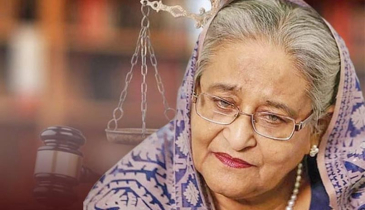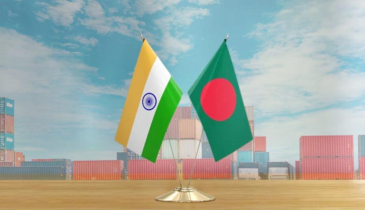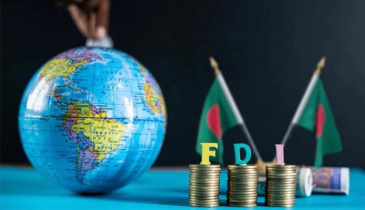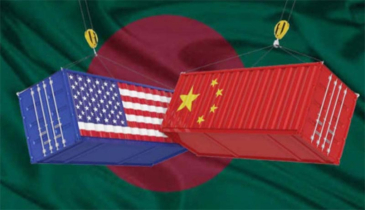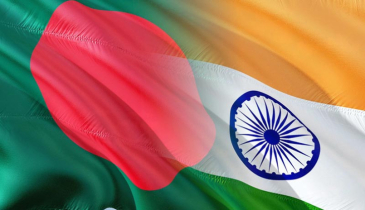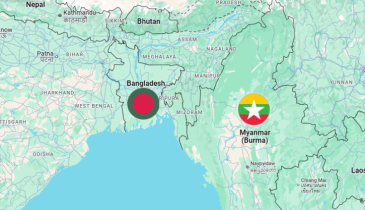Bangladesh needs strategic approach to attract foreign investments
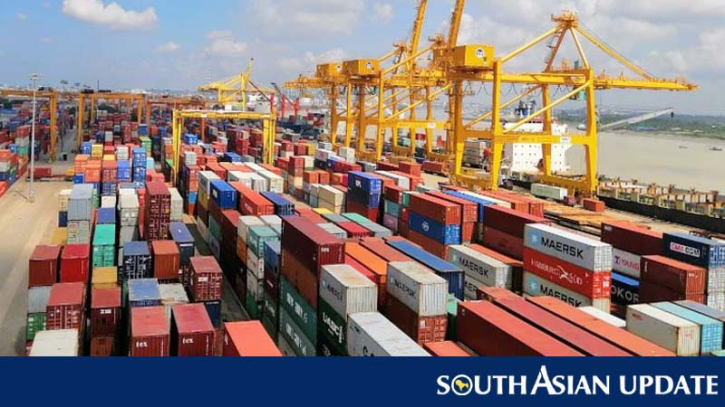
Bangladesh has always been open to foreign investment, and the interim government of Bangladesh under Dr Yunus is working to draw in capital for areas that will actually see economic growth, even though recent political transition in Bangladesh slowed down foreign investors' interest in investing there.
Bangladesh can undoubtedly attract attention from around the world for its improving business environment and investment friendliness, which makes sense considering the nation's many accomplishments and well-deserved recognition for its swift and gradual economic resilience. In response to the recent political transition, the interim government of Bangladesh has taken decisive action to reestablish law and order, prevent sabotage, rebuild a broken administration, address an economy strained by the dilapidated banking sector and preserve Bangladesh's standing as a thriving, resilient nation that attracts foreign investment.
They overcame these obstacles in order to address the underlying structural problems that caused the student-led rebellion and its amazing outcome. However, these existential crises also present a direct chance to implement the required reforms that would create a better future and realize our shared dreams and ambitions.
Regarding the economic future, investors would want to think that a radical overhaul of the shameful bureaucratic hurdle ledgovernance culture will also help stabilize the budget deficit and develop foreign exchange reserves by cutting down on the amount of money that is wasted on capital flight, money laundering, and corruption. Caretaker movement has taken initiatives to these irregularities.
Naturally, there is a broad and widely held belief in the country that Professor Muhammad Yunus is the best Chief Advisor. This belief is mostly due to his unique connections and worldwide reputation with important allies like the US, EU, and Japan.Several ambassadors, representatives of international community and businessesmet alredy with Dr Yunus and Showed their interest to involve in business and economic activities with Bangladesh. Foreign investors have confidence in Bangladesh's potential market.
Attracting more foreign private sector investment is essential for long-term success, even while help from the IMF and other international agencies is critical for the time being.Rather of depending solely on government-organized investor roadshows, which are frequently inefficient and costly, the private sector ought to exercise greater initiative.Although there are some challenges ahead, Bangladesh may accurately approach to stabilize the country politically, portraying the situation in which foreign investment and economic development are contingent. Foreign citizens living in Bangladesh and International companies are joining with new vigor thanks to a favorable business environment.
The nation is regaining its normalcy after suffering a great cost. Law and order situation is being restored. The whole Bangladesh resumed its typical appearance as people went about their everyday business. Things got back to normal across the nation. officials and staff from every government, semi-government, and autonomous office in the nation returned to work.
Financial institutions and banks have already begun to function according to regular schedules. All of Bangladesh is now once more connected to 4G internet and broadband. Bangladesh's reputation as a nation that welcomes investment makes it seem like a safe haven for investors everywhere. The business community is throwing its full weight behind the interim government to help it overcome every obstacle. Bangladesh needs more foreign direct investment (FDI) at a time when the country is facing severe economic losses as a result of recent political unrest.
The worst-case scenario in Bangladesh could cost the economy $10 billion, according to US news outlet "Bloomberg.". In order to cover its immediate financial losses, attract more foreign companies, diversify its manufacturing base, facilitate technology transfer, and almost stable pollical system, the nation is in dire need of foreign investments and business activities. Stabilizing Bangladesh's external images will be priorities as it navigates these economic challenges. Bangladesh still holds a lot of promise for the developing apparel market, which is expanding at a compound annual growth rate.
Remittances from overseas and freelancers' earnings from outsourcing could supportThe National Board of Revenue (NBR), Chittagong port, banking, remittance sector, ICT, and energy supply are among the areas where the timely decisions are being by the Bangladeshi authorities could result in increased foreign investment, increased foreign trade, and stable supply chains. Continuing the normal and daily activities in high-tech parks, economic zonesshould all help draw in foreign investment. Bangladesh, the world's most populous and economically significant least developed country (LDC), aspires to leave the UN's LDC classification in 2024. The largest least developed country (LDC) in the world in terms of both population and potential economic size that needs to be really tapped through reforms, Bangladesh hopes to graduate from the UN's LDC category in 2026.
With a population of just over 170 million, the nation has a robust consumer demand and a rapidly expanding consumer goods market that includes everything from clothing and white goods to fintech. Bangladesh is emerging as one of the region's most dynamic and rapidly expanding markets. Over the next ten years, the country's consumer market is expected to develop at the fastest rate in the world, surpassing established markets like the UK and Germany to become the ninth biggest by 2030. With an astounding GDP of $460.8 billion, the nation, which is now the second biggest in South Asia, ranks 33rd in the world's nominal terms and 25th in terms of purchasing power parity (PPP).
The government intends to persist with political stability, investment-friendly policies, as they contribute to increased industry investment, improved technology, and increased job creation. Nonetheless, foreign business operations are supported by Bangladesh's open, market-oriented, internationally integrated, and legally-based business environment. It's time to boost foreign investment in Bangladesh now to help the Yunus led interim government to navigate the economic challenges. -Source: Daily observer
.png)


